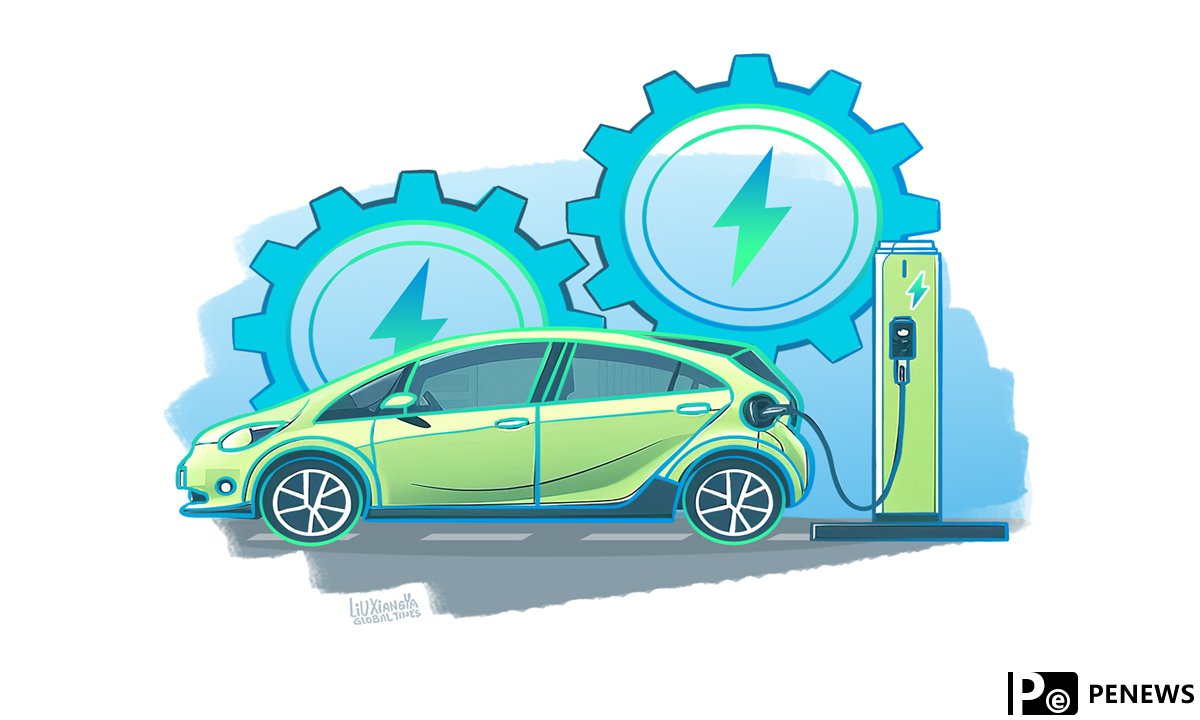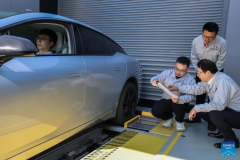Home>>
China-South Korea vehicle collaboration could amplify ‘Asian opportunity’By Hu Weijia (Global Times) 14:46, March 11, 2025

Asia leads the world in EV sales: more than 60 percent of new EVs sold over the next five years will be in Asia, according to an article by HSBC last August. An EY report estimates the average compound annual growth rate of the EV market in the six biggest ASEAN economies at 16-39 percent between 2021 and 2035, with annual sales reaching $100 billion by 2035.
More importantly, the key to enhancing competitiveness lies in reducing costs, advancing technological innovation, and establishing cross-national industrial chains. In this regard, finding partners is an efficient way to achieve these goals.
Admittedly, there is competition in the auto sector between China and South Korea, but South Korean car manufacturers and Chinese companies have already begun collaborating in technology research and development and component supply. Continuing to deepen and expand this cooperation would be beneficial for the development of the South Korean auto industry and its transition to EVs.
Faced with pressure in both the domestic and international markets, South Korean mid-sized automotive companies are actively seeking collaboration with Chinese car manufacturers to promote the development of new models and contract manufacturing, South Korean media outlet AJP News Agency reported last November.
Notable examples include the partnership between KG Mobility, a mid-sized South Korean car manufacturer, and China's Chery Automobile to launch a new sport utility vehicle, as well as KG Mobility's partnership with China's BYD to develop hybrid power systems for new models, while also building a BYD battery assembly plant in South Korea, according to the report.
China holds multiple advantages in the EV sector, and through China-Korea cooperation, these advantages can be further amplified, benefiting both sides. By deepening cooperation with Chinese enterprises, South Korean car manufacturers can capitalize on China's strengths in the EV domain and industrial capacity to reduce costs and hasten their shift toward EVs. Such collaboration will create more opportunities for both Chinese and South Korean businesses, while also benefiting consumers in Asia.
(Web editor: Tian Yi, Zhong Wenxing)









